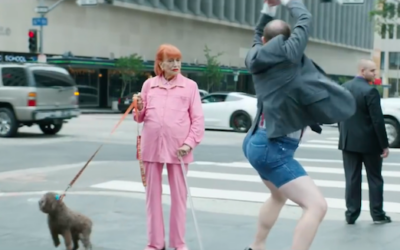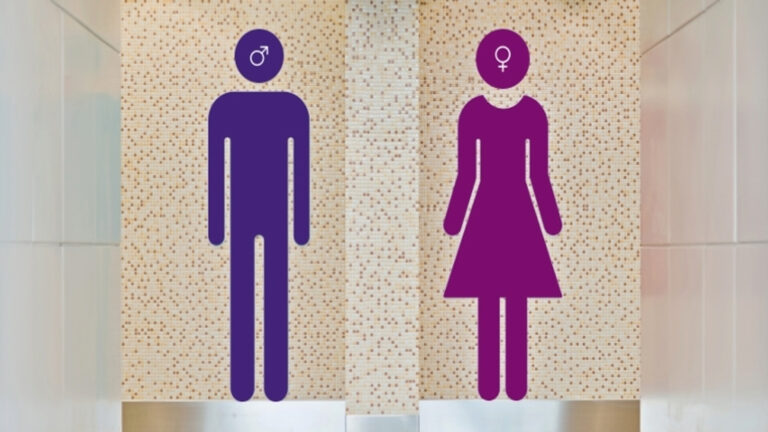Advertising that includes gender stereotypes that are likely to cause “harm, or serious or widespread offence” will be banned from June.
The Committee of Advertising Practice (CAP) made the announcement today, following a public consultation.
The review found evidence suggesting that harmful stereotypes can restrict the choices, aspirations and opportunities of children, young people and adults and these stereotypes can be “reinforced by some advertising, which plays a part in unequal gender outcomes.”
It added that not all gender stereotyping was “problematic” which is why it’s not been banned outright. Instead it identifies “specific harms” that should be prevented.
CAP provided some examples of “problematic” stereotyping:
- An ad that depicts a man with his feet up and family members creating mess around a home while a woman is solely responsible for cleaning up the mess.
- An ad that depicts a man or a woman failing to achieve a task specifically because of their gender e.g. a man’s inability to change nappies; a woman’s inability to park a car.
- Where an ad features a person with a physique that does not match an ideal stereotypically associated with their gender, the ad should not imply that their physique is a significant reason for them not being successful, for example in their romantic or social lives.
- An ad that seeks to emphasise the contrast between a boy’s stereotypical personality (e.g. daring) with a girl’s stereotypical personality (e.g. caring) needs to be handled with care.
- An ad aimed at new mums which suggests that looking attractive or keeping a home pristine is a priority over other factors such as their emotional wellbeing.
- An ad that belittles a man for carrying out stereotypically ‘female’ roles or tasks.
However, the guidance does not intend to prevent ads from featuring:
- Glamorous, attractive, successful, aspirational or healthy people or lifestyles;
- One gender only, including in ads for products developed for and aimed at one gender;
- Gender stereotypes as a means to challenge their negative effects.
“Harmful gender stereotypes have no place in UK advertisements. Nearly all advertisers know this, but for those that don’t, our new rule calls time on stereotypes that hold back people and society,” said Shahriar Coupal, director of the Committees of Advertising Practice.
CAP will carry out a 12 month review after the new rule comes into force on June 14th, to make sure it’s meeting its objective.








